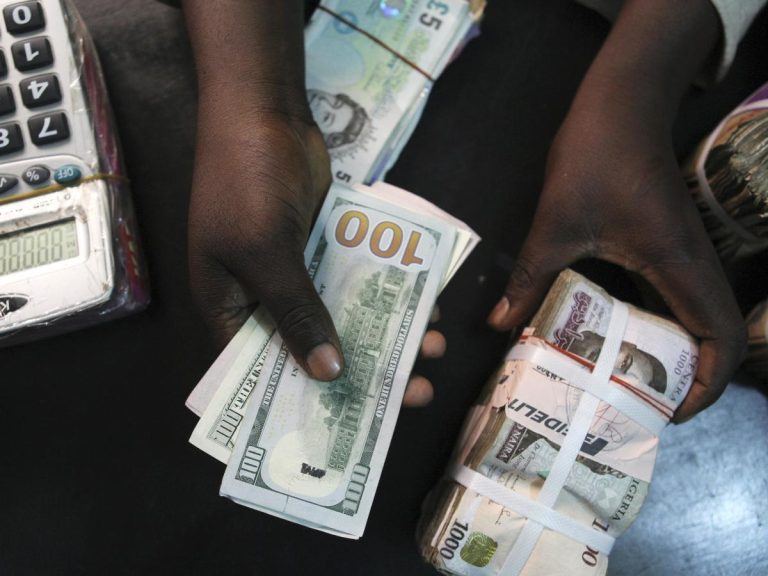Current Dollar to Naira Exchange Rates
What is the current exchange rate for the U.S. Dollar to the Nigerian Naira in the black market, also known as the parallel market (Aboki fx)? Below are the rates for September 5, 2024. You can trade your dollar for naira at the following rates.
Black Market Exchange Rate for September 5, 2024
In Lagos, black market traders are buying dollars at ₦1650 and selling at ₦1660, according to sources from the Bureau De Change (BDC).
It’s important to note that the Central Bank of Nigeria (CBN) does not officially recognize the black market for foreign exchange. The CBN has advised individuals seeking to trade foreign currency to conduct transactions through their respective banks.
Black Market Exchange Rates (USD to NGN):
- Buying Rate: ₦1650
- Selling Rate: ₦1660
CBN Exchange Rates (USD to NGN):
- Buying Rate: ₦1620
- Selling Rate: ₦1621
Please be aware that the rates you receive when buying or selling forex may differ slightly from those listed here, as they can fluctuate.
Bank Borrowing from CBN Drops by 76%
A recent report reveals that borrowing by Nigerian banks from the Central Bank of Nigeria (CBN) through the Standing Lending Facility (SLF) dropped significantly by 76.4% in August, falling to ₦4.04 trillion from ₦17.12 trillion in July.
Meanwhile, deposits in the CBN’s Standing Deposit Facility (SDF) surged by 270.7% during the same period, increasing to ₦8.12 trillion from ₦2.19 trillion in July.
These changes indicate that banks are holding excess funds that are not being utilized, likely due to the high borrowing costs after the recent increase in the Monetary Policy Rate (MPR).
This shift comes after the CBN’s adjustments to the SDF rates, aiming to reduce the excess liquidity held by banks and promote more lending. These changes were detailed in a circular following the 296th Monetary Policy Committee (MPC) meeting. The apex bank adjusted the Asymmetric Corridor around the MPR to +500/-100 basis points from the previous +100/-300 bps to curb banks’ tendency to hold excess funds at the CBN.
